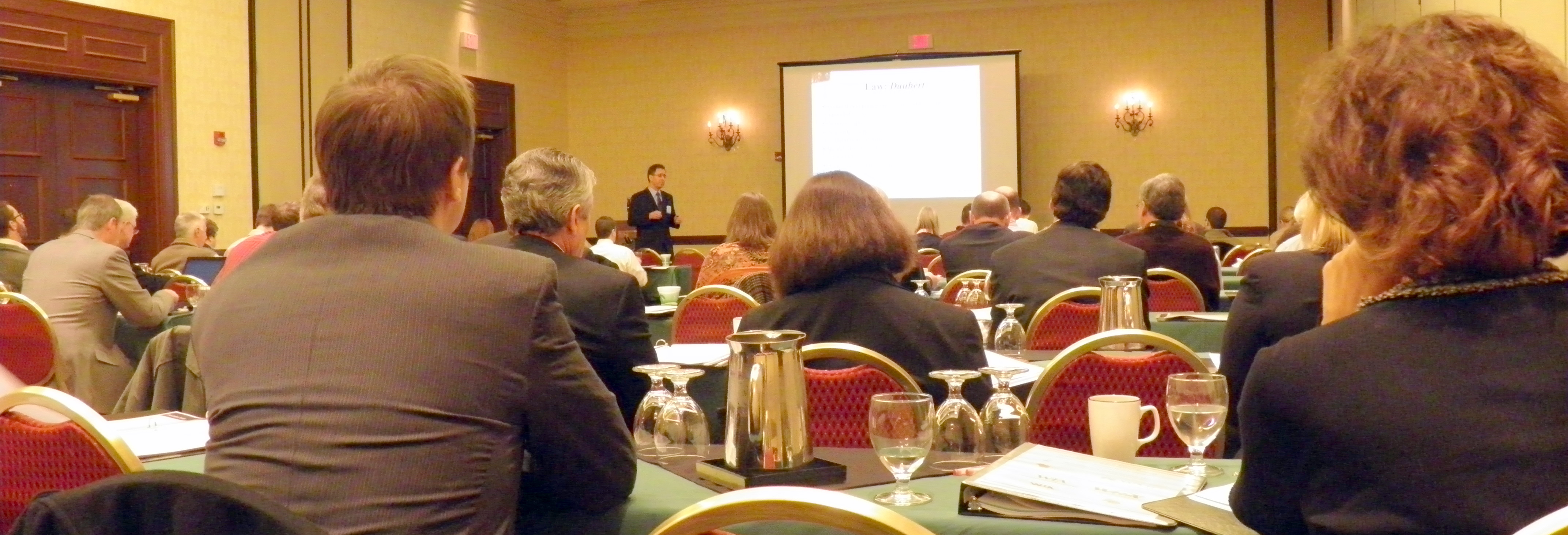On Wednesday, March 7, the Wisconsin Supreme Court issued an opinion adding to the line of cases involving the collateral source rule.
Specifically, the court held that the collateral source rule applies to cases involving underinsured motorist claims. Therefore, the court held that the plaintiff is entitled to the full amount of past medical expenses, even those amounts that were written off by the medical providers as a result of a contractual agreement between the medical provider and health insurer.
These expenses are often referred to as “phantom damages,” because no one ever paid the medical expenses, yet the plaintiff receives the full sticker price.
Typically, the plaintiff’s insurer has negotiated rates with the the health care provider. The health care provider submits a bill for the full price, but due to these contractual rates, the health insurer pays less than the full price. Yet, as the court held in this case and numerous other decisions, the defendant has to pay the full sticker price even though this was not the amount actually paid.
Facts
The plaintiff (Linda Orlowski) was injured in an automobile accident caused by an underinsured driver. Orlowski recovered damages up to the limits of the underinsured driver’s insurance. Orlowski also had health insurance coverage which paid a portion of her medical expenses. In addition, Orlowski had an automobile insurance policy with State Farm, including underinsured motorist (UIM) coverage.
Orlowski submitted a claim to State Farm to recover under her UIM coverage. An arbitration panel awarded Orlowski $11,498.55 for the medical service provided to her as a result of the accident. This amount ($11,498.55) was the amount that was actually paid to the health care provider, rather than the full amount billed by the medical provider ($72,985.94).
The arbitration panel did not include in its award to the amount of Orlowski’s medical expenses that had been written off by her medical provider because of discounts through her health insurance coverage with United Healthcare. The amount that was written off by the medical provider was $61,487.39. No one paid this amount, yet the plaintiff was seeking the full value of the medical expenses.
Orlowski appealed the arbitration panel’s decision to the Milwaukee County Circuit Court, which modified the award. The judge awarded the plaintiff the full amount billed by the medical provider ($72,985.94), instead of the amount actually paid ($11,498.55). As a result, the plaintiff was awarded $61,487.39 in damages that was written off and never paid to the medical provider.
Wisconsin Supreme Court Decision
The case was appealed to the court of appeals, which certified the case to the Wisconsin Supreme Court. In a 7-0 decision authored by Justice Patrick Crooks, the court upheld the trial court’s decision and awarded Orlowski the full amount billed by the medical provider rather than the amount actually paid; therefore, handing the plaintiff a windfall of $61,487.39 in damages that neither she nor anyone else paid to the medical provider.
The court cited its previous decisions, all of which have held that the plaintiff is entitled to the full amount of medical expenses, even those amounts that were written off by the medical provider.
According to the court:
“We reaffirm what our prior precedent has clearly established: an injured party is entitled to recover the reasonable value of medical services, which, under the operation of the collateral source rule, includes written-off medical expenses.”
The case is Orlowski v. State Farm Auto. Ins. Co., 2012 WI 21.


